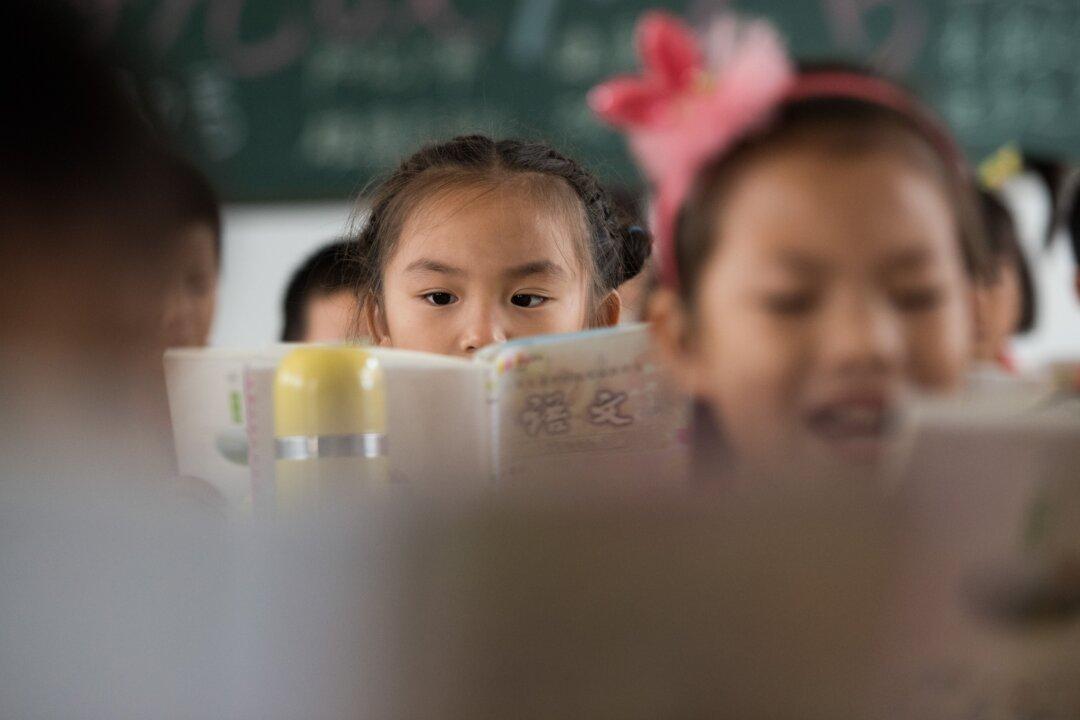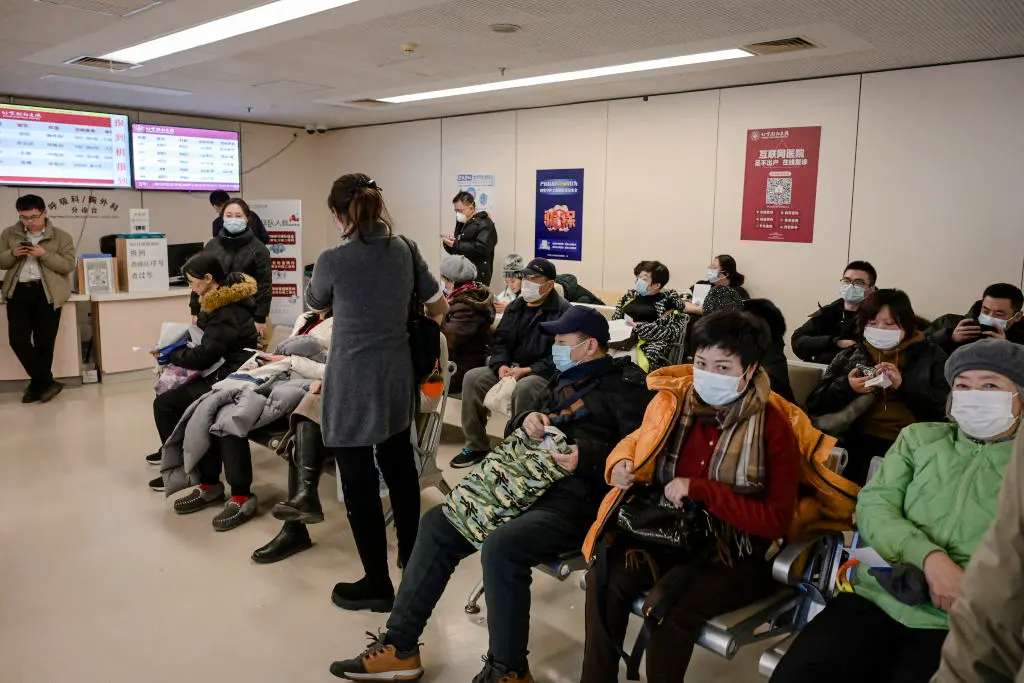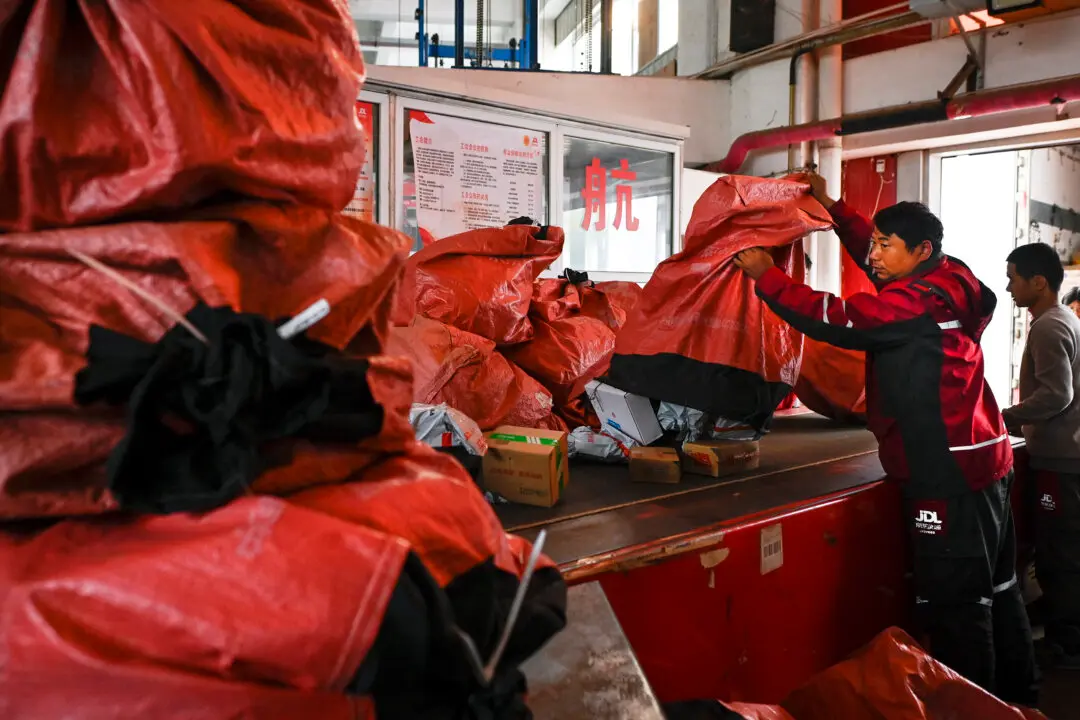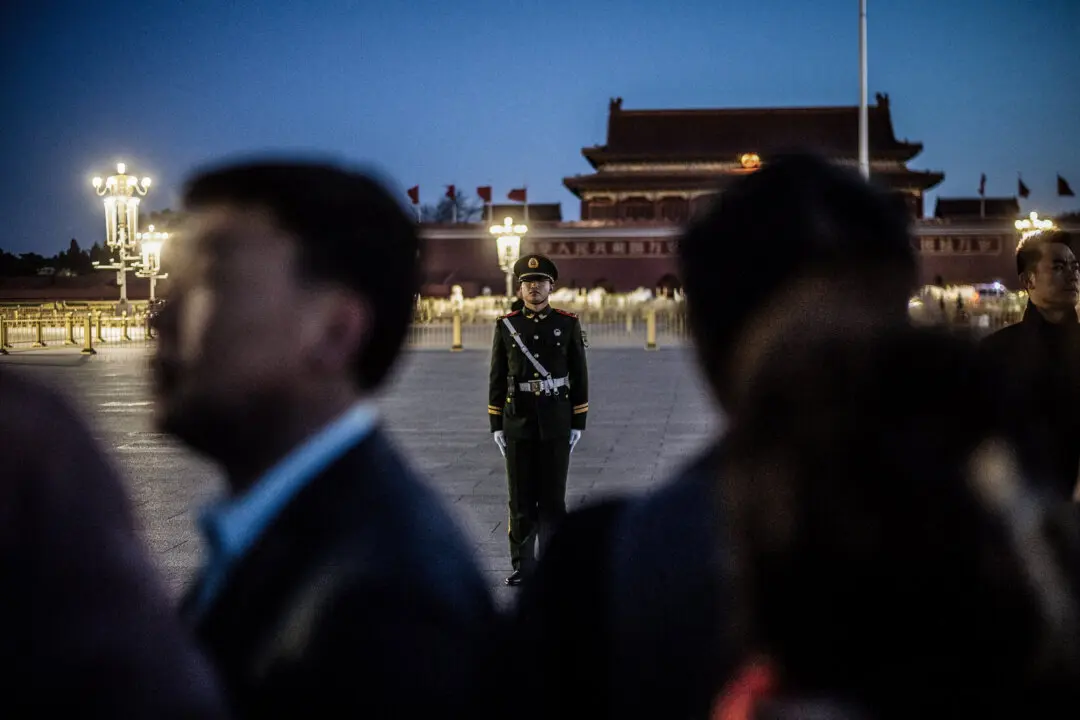Chinese Communist Party (CCP) authorities in one Chinese city are mandating that school students disclose their religious beliefs, according to a Chinese parent who recently moved to the United States. He spoke with The Epoch Times and expressed concern that China could be seeing another wave of religious persecution.
Yan Tao, a new Chinese immigrant to Los Angeles and whose daughter had attended primary school in China, recently received a notification from a chat group on popular Chinese social media platform WeChat. It is a group for parents at his daughter’s school. The message sent by the head teacher stated: “According to the notice of the municipal Party committee office and the municipal education bureau, schools are requested to immediately conduct statistics on the status of students’ faith.” The teacher repeatedly emphasized that students with religious beliefs must contact the teacher immediately. Yan was very surprised, but also worried that the Chinese communist regime would again carry out large-scale religious persecution.




